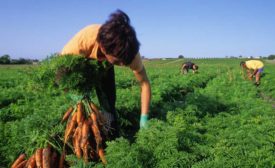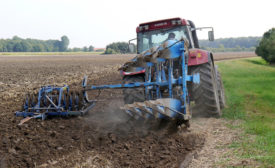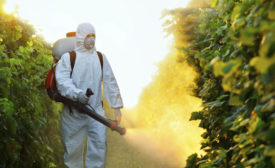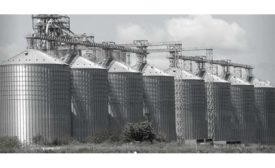Home » Keywords: » agricultural industry
Items Tagged with 'agricultural industry'
ARTICLES
Heat-related illness and agriculture:
Research compares regional, farm weather
April 29, 2019
Become a Leader in Safety Culture
Build your knowledge with ISHN, covering key safety, health and industrial hygiene news, products, and trends.
JOIN TODAYCopyright ©2024. All Rights Reserved BNP Media.
Design, CMS, Hosting & Web Development :: ePublishing








